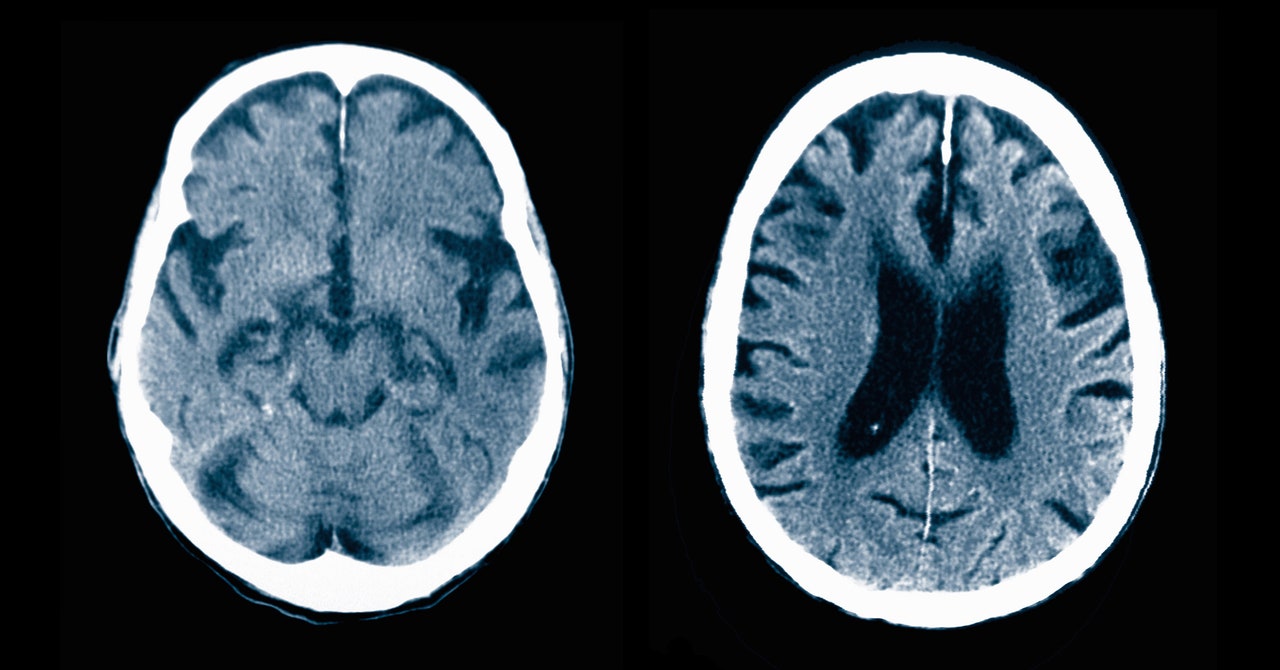Millions of older adults likely have minor memory issues that can later become dementia. But only a fraction of them are diagnosed early enough for new treatments to stand a chance.
Millions of people over the age of 65 likely have mild cognitive impairment, or MCI—minor problems with memory or decisionmaking that can, over time, turn into dementia. But a pair of recent studies both concluded that 92 percent of people experiencing MCI in the United States are not getting diagnosed at an early stage, preventing them from accessing new Alzheimer’s treatments that may be able to slow cognitive decline if it’s caught soon enough.
“We knew it was bad. But we didn’t know it was that bad,” says Ying Liu, a statistician at the University of Southern California Dornsife’s Center for Economic and Social Research and a researcher on both studies.



Who said anything about replacing clinical MCI exams with invasive scans? (I’m terrible; I didn’t read the article. I wouldn’t agree with replacing exams with invasive scans.) We just need better MCI exams. The ones we have now are flawed. They are not catching people who are clearly already symptomatic, and who therefore should be started on one of the existing options for small molecule drugs.
Also all of our current research uses the existing MCI exams for assessment and often endpoint, which deeply complicates things if the exams don’t even catch what they were intended to catch.
These are the requirements to use the new anti amyloid drugs (the ones that purportedly do change disease progression, unlike current small molecule drugs), which need amyloid pet imaging plus regular mris to monitor for complications. Sorry if I was unclear.